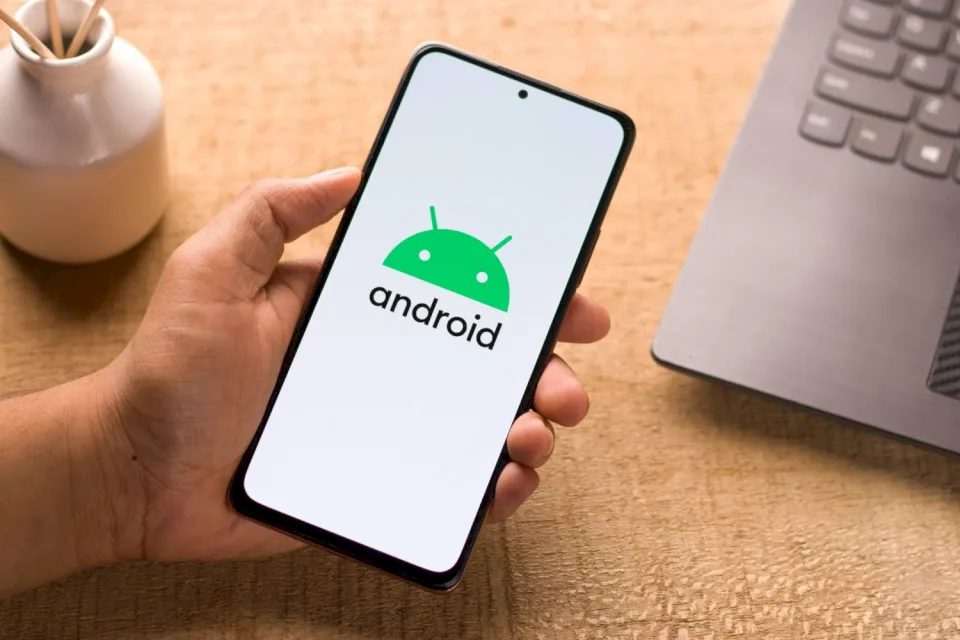
"Google" launches a mandatory program to verify "Android" app developers outside its official store
SadaNews - Google is intensifying its efforts to enhance security within the "Android" ecosystem by launching a new program to verify the identities of developers distributing their apps outside the "Google Play" store, while still allowing technically advanced users the option to install unverified apps. This move marks a significant shift in how "Android" handles apps downloaded from outside the store, adding a new layer of trust in the identities of developers.
A multi-layered approach
In a blog published this week, Google clarified that it has begun an early access phase for the "developer verification" system, affirming that its ongoing efforts to combat fraud and malware through tools such as "Google Play Protect" and warning systems within "Android" still face harmful challenges, especially in areas witnessing large numbers of new users coming online for the first time.
The company cites an example of a scam in Southeast Asia, where users received phone calls tricking them into installing a fake "verification" app that was able to read messages and alerts, including two-factor verification codes. Google views the ability to distribute apps anonymously as enabling attackers to repeat their operations without oversight, while identity verification imposes an additional barrier and increases the cost of attacks on malicious parties.
Early access and types of developer accounts
Google is first offering developers who distribute their apps outside the "Play" store the chance to join the new verification program early. Developers on the "Play" store will receive their invitations starting November 25, 2025. The company acknowledges that categories such as students and hobbyists need a simpler path, so it is working to provide a special account type allowing distribution to a limited number of devices without the need for complex verification processes.
Simultaneously, the company is developing a dedicated path for advanced users or "technical experts" that allows them to install unverified apps with clear warnings and procedures to prevent them from being exploited through coercion or deception. This path signifies a shift from an outright prohibition policy to a more flexible model that recognizes the right of proficient users to choose, without compromising the safety of less experienced users.
The importance of the change
For a long time, "Android" has been an open platform that allows users to install apps from outside the "Play" store, which is a strong advantage. However, it also opens the door to attacks that rely on social engineering, where users are deceived into bypassing warnings and activating sensitive permissions.
By verifying developer identities, Google aims to ensure that there is a real person or organization behind the app, making the distribution of malware more difficult and costly. This is particularly important in emerging markets, where digital culture is still being formed. The advanced path for users ensures that the "sideloading" feature remains available, but in a clear and transparent manner that prevents users from being exploited through pressure or manipulation.
Reactions and complex accounts
This direction did not come out of nowhere; a previous announcement from Google in August 2025, which would have significantly restricted the installation of unverified apps, sparked angry reactions from the "Android" developer community, advanced users, and system modders. The current modification appears to be a middle ground: not a cancellation of freedom, but an organization of it.
For developers working outside the "Play" store, this means the necessity to join the new verification program to gain wider exposure. Users retain the option to install unverified apps, but after going through clear warning steps.
What’s next?
Google states that it is in the phase of gathering feedback on the new program and the advanced user pathways, and that additional details will be revealed in the coming months. Invitations to join the program have already started reaching developers through the "Android" console.
The key message is that "Android" will remain open, but with additional security barriers. Advanced users can install unverified apps, but within a responsible framework and with a clear understanding of the risks. Developers can continue to innovate outside the store, but with identity verification when they wish to reach more users.
Impacts on the ecosystem
For the average user, this development means greater protection, less obscure applications, clearer identities for developers, and a decrease in fraud. Professional users will still be able to access what they want, but through conscious steps. For developers, this change may add an additional administrative step and possibly costs, but it also grants them greater credibility. A verified identity may become a new standard for quality and trust, especially with increasing concerns about app security.
Google is moving towards a new formula, which is that sideloading is still available, but it will not be open-ended. Identity has become an essential part of the security equation, and the user's choice is preserved, but in a more conscious and responsible manner.

Scientists Attempt to "Intercept Cancer" Before Its Formation.. Know the Details

American Fact-Checking Platform Exposes Trump's Exaggerations in State of the Union Addres...

How Mourinho Deceived Everyone and Watched the Match Between Real Madrid and Benfica from...

Fat Loss Improves Blood Pressure and Supports Immunity

Galaxy S26 Armed with a Smart Feature to Combat the Most Dangerous Threats to Smartphones

Discovery of Microplastic Particles in 90% of Prostate Cancer Cases

Artificial Intelligence Diagnoses Children's Brain Tumors with 92% Accuracy Without Surger...

